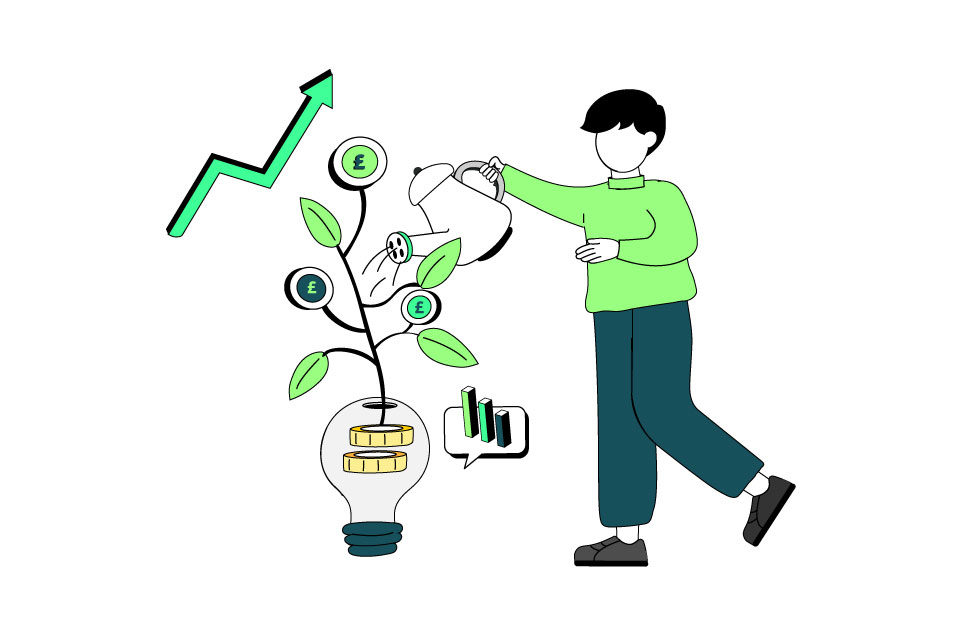Our latest UK Customer Satisfaction Index, published on Tuesday, illustrates once again that customer service is not an optional extra, but a strategic necessity. It is the key to success and long-term survival in today’s uncertain and competitive business environment – and sadly, it shows that many organisations are still not getting it right.
Following a post-Covid boost in satisfaction levels, satisfaction levels have been falling steadily from their 2022 high. The nine-year low in customer satisfaction that we’ve now reached holds a stark warning for businesses. Customers are making their expectations clear: they have less patience for poor service and are focusing on ensuring they see value for money. Value is a key word here – where organisations add value, customers recognise this – be it through advice or guidance, a listening or supportive position, we remember this. And we also remember the opposite when an organisation doesn’t show us care and attention.
Our findings on the ROI of service demonstrate a clear financial case for investing in your service offering. And our latest index shows customers are willing to pay more for excellent service, even in times of high living costs, with one in three UK customers willing to pay a premium for a better service experience.
The report highlights once again the clear link between higher customer satisfaction and greater profitability. Organisations that perform above the sector average for satisfaction have around 10% higher earnings (EBITDA) than those below it. In the not-for-profit world, the relationship between good service and higher levels of productivity is also clear.
The opposite is also true: poor customer service can drive customers away, as 41% of customers say they would switch to a competitor after a bad service experience.
These figures tell us something important: if customer service standards improve, it will benefit customers, businesses, and the economy.
Don’t fall behind the service leaders; join them
Every week, I have the privilege of talking to CEOs from across many different sectors. We understand the challenges that organisations face today. Some are unique, and some are universal, such as economic instability, skills shortages, and digital disruption. A key strategy in overcoming these challenges is to put the customer and the service experience at the core of everything we do. The focus from the board to the front line is what differentiates these organisations – whatever the sector.
Good business leaders see improving service culture as an opportunity for advancement, something that improves employee engagement and retention, along with reputation and standing. And we help them achieve this through better measurement, benchmarking and insight. Our Business Benchmarking (based on our UKCSI question set) and ServCheck surveys provide a window on the views and needs of customers. This delivers internal alignment with service culture and strategy, respectively.
The most recent UKCSI also reveals a growing gap between the best and worst performers in customer service. The top organisations are pulling away from the rest and will gain and retain more loyal customers. Those that lag must respond for fear of being irrelevant, as more customers think hard about where they spend their time and money.
A tipping point for how Boards view service
As customers become increasingly willing to invest more in better service, savvy businesses will do the same. Most executives now understand that customer service is a strategic imperative and should be treated as such. It has, perhaps, in some organisations and sectors, taken longer for the penny to drop at Board-level, and hopefully this week’s results will serve as a timely reminder.
By doing this, businesses can reverse the decline in customer service standards and restore the critical customer trust that will put them on the path of long-term sustainable growth.



